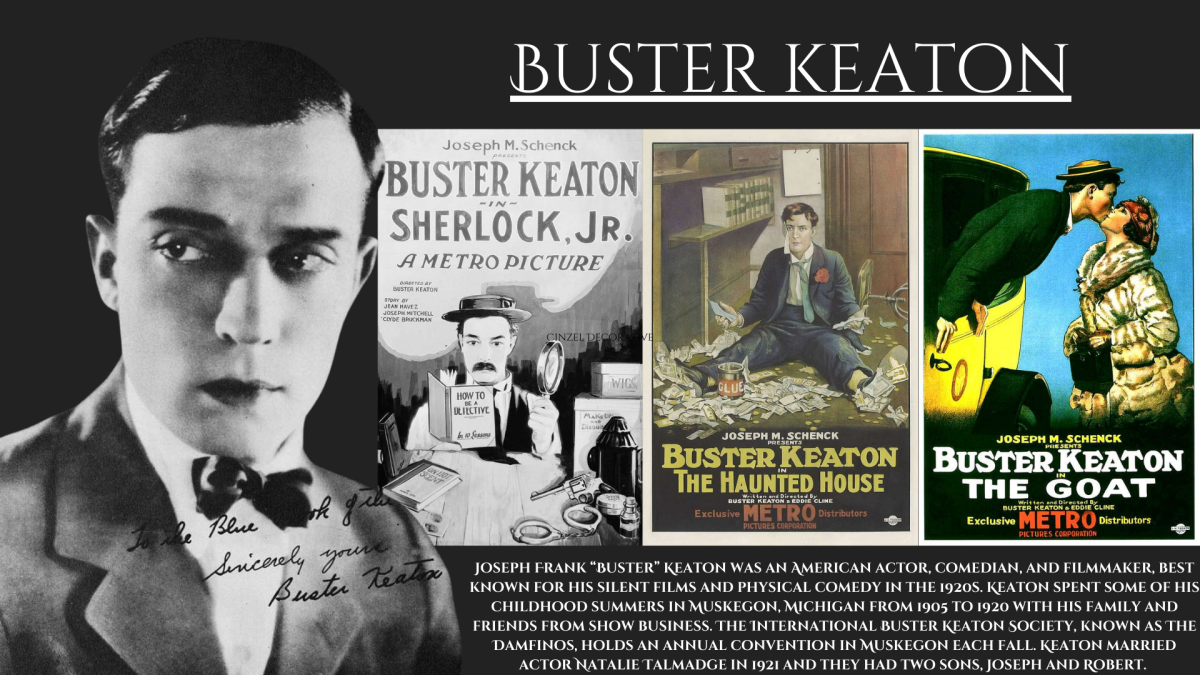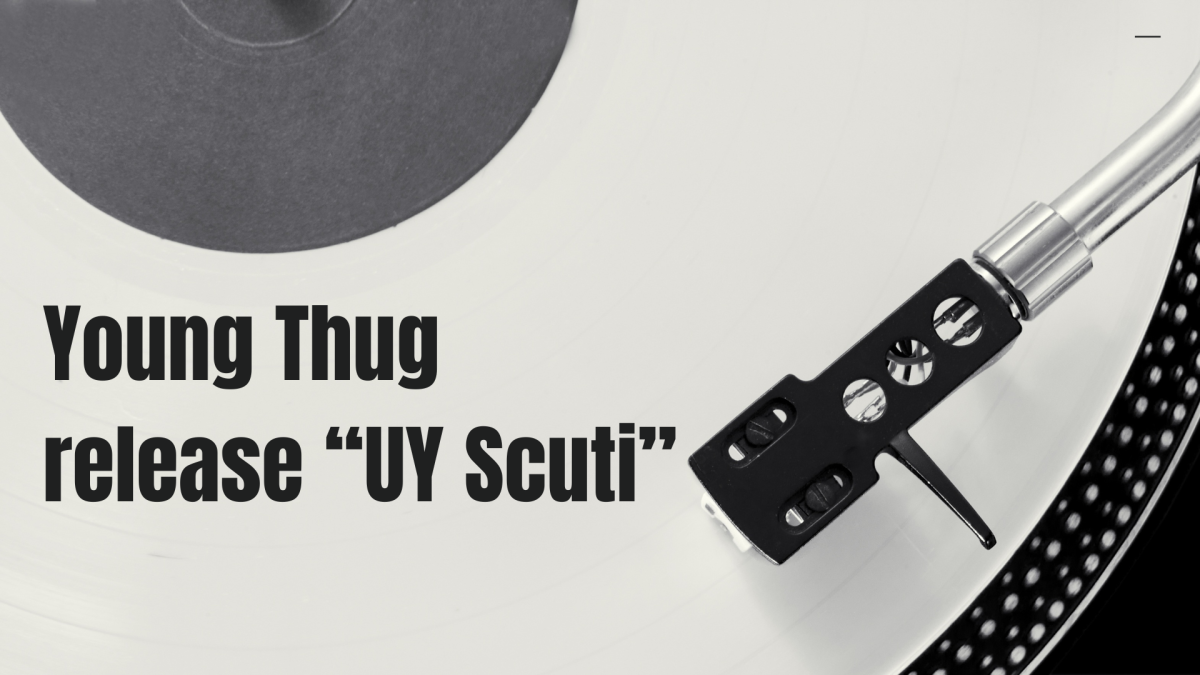Most everyone knows of English comedian/actor Charlie Chaplin, whether it be from seeing his movies or the thousands of references made to him in films. But the name that many don’t know, who was just as famous but has been overshadowed by Chaplin, is Buster Keaton. Entertainment Weekly has him nominated as the 7th best film director and 35th best actor in cinema history.
Born Joseph Frank “Buster” Keaton on October 4th, 1895 to Joe Keaton and Myra Edit Keaton, a family that was already in comedy theatre, he became a professional at just age 5. His nickname Buster came from how many times he had fallen when he was an infant. His godparent Houdini once said “What a buster your kid took!” to his father after he saw a young Keaton tumble down the stairs. With a highly successful career on Broadway, critics would say he had a bright future, one person said years later in 1941,”The boy has a future.” That’s what everyone seemed to be saying those days. His most famous act was when his father would hit him with a broom and Buster would fall and get up and speak in a solemn voice “I´m so sorry I fell down.” In fact, this part garnered him so much fame that theatres would pay extra to have him perform more shows.
He would leave his successful run on Broadway after hearing he had a chance to talk with then-famous comedian Roscoe “Fatty” Arbuckle, and he got his first acting role in “The Butcher Boy,” a remarkable film debut as one of the main characters. He asked to take the camera home and became familiar with it and gave up his opportunity to continue acting along with $250 a week to become an assistant director for Arbuckle. With a payment of $40 a week, his salary increased the more movies he made, this duo would come to an end in 1921 when Arbuckle was accused of raping and murdering young actress Virginia Rappe.
Debut

Public Domain Photo: One week (1920).
His first solo film would be “One Week,” released in 1920. Although he did have another movie before this, it wasn’t successful enough to be considered a “solo debut.” The movie follows a young couple who have just married and bought a convertible home. They misunderstand the instructions on how the home was meant to be built, and they end up with a wacky house that causes them trouble. This was the first time he performed his infamous “Falling House” trick.
Keaton made 19 shorts and 12 feature-length movies from 1920 to 1928, which included his best and most famous film, “The General,” released in 1926, which has been regarded as one of the greatest movies ever made. It has been included in the Library of Congress as part of the National Film Preservation Act.
Regrets

Public Domain Photo: The General (1926).
Come 1928, Buster Keaton would make what he would refer to as, “The worst mistake of my career,” which was giving up his own production company to work with MGM studios in Culver City. He had been talked into doing it by Joe Shnek, and Keaton himself stated it appeared that it was to either sign with MGM or stop working altogether. Although his friends Charlie Chaplin and Harold Lloyd advised him not to join, Chaplin said “Ẅhat’s this I hear? Don´t do it. They´ll ruin you by helping you. They’ll warp your judgment. You´ll get tired of arguing for things you know are right.”
MGM did manage to ruin a once-famous Broadway star and then-famous comedian. Keaton’s widow recalled that they didn’t allow him to choose the jokes that would happen, the studio members would say “This is funny,” and he would reply “This stinks.” However, it didn’t make any difference since they would still end up doing the joke. In 1933, he had been fired from the studio because over the few years he was there, he had developed a drinking problem, refused to make certain films, and his wife had filed for a divorce. Three of his close friends, including Arubckle, also had passed away.
Public Domain Photo: Buster Keaton in the 1940s.
He eventually made a recovery and continued making work, this time, in television, throughout the 40s-60s, with the freedom to do the jokes he wanted to. Many people misinterpret his career, believing he couldn’t transition to sound. However, if you watch some of his movies, you can tell Keaton had grasped the concept well. It is a shame that he wouldn’t reach the same stardom as Chaplin did with the new era of cinema, but Keaton himself said he didn’t mind it, saying, ¨When the knocks came, I felt no surprise. I had always known life was like that, full of uppercuts for the deserving and underserving alike.¨









